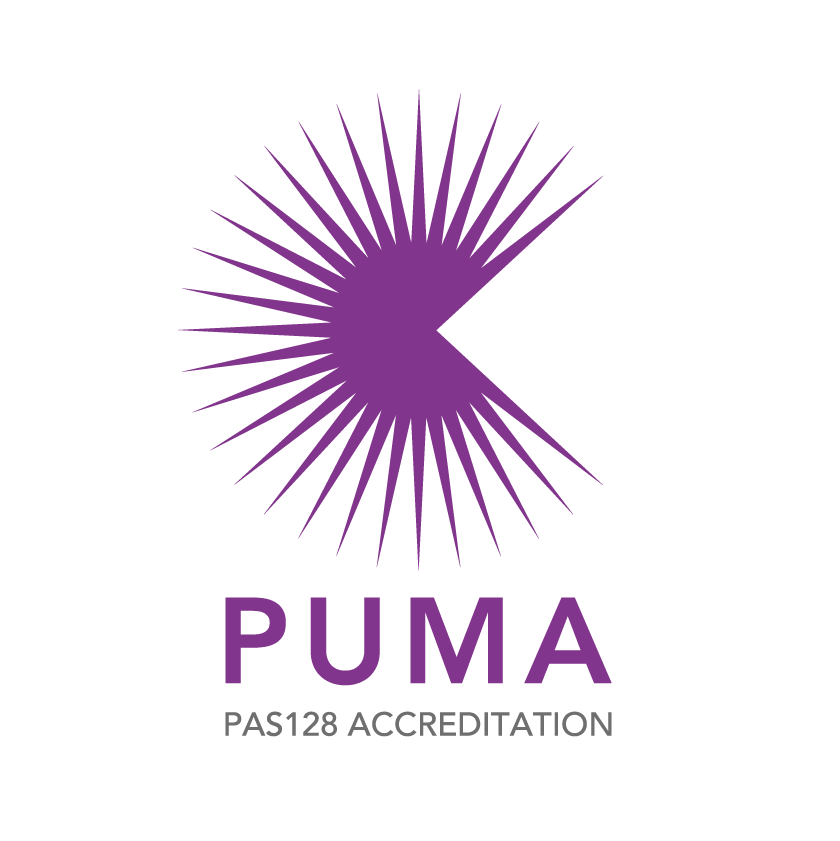Published: 09 Aug 2023
What are underground utility surveys?
Construction projects generally need underground utility surveys or PAS128 surveys to be carried out before any building work can start. As the first step towards delivering a project, a utility surveyor’s specialist skills are required to locate, identify and then map all the utility services which may exist beneath the surface. Most underground utility services, including telecoms, drainage, water, gas, and fibre optics can be detected using the appropriate equipment.
Why are underground utility surveys so important?
Once underground utilities are identified and mapped, their whereabouts may have an impact on the design of the buildings to be constructed above them. Having a precise map of their location at the design stage will help avoid the possibility of needing to make expensive subsequent design changes, re-routing services or rescheduling of works if buried services are found unexpectedly once the construction phase begins. These delays can significantly increase project costs. Crucially, of course, it also improves health and safety performance, mitigating against many possible accidents, not to mention minimising the risk of subsequent legal issues.
How are underground utility surveys carried out?
Professional surveyors use geophysical techniques and cutting-edge survey technology, including electro-magnetic detection, ground penetrating radar (GPR), GNSS and total stations to create a detailed digital map of what is lying beneath the surface.
As part of our pledge here at TSA, to help all our members build a better business and ensure clients choose TSA members for their survey needs, we have created a PAS128 accreditation scheme named PUMA (PAS128 Utility Mapping Accreditation) for utility surveying companies that are TSA members.
Four reasons to secure your PUMA accreditation
- PUMA provides a benchmark and creates a national standard for best practice
- PUMA demonstrates continuous professional improvement
- PUMA gives clients confidence in the quality of survey being provided
- PUMA can save clients time and costly delays.
Find out more about PUMA here https://www.tsa-uk.org.uk/puma/

